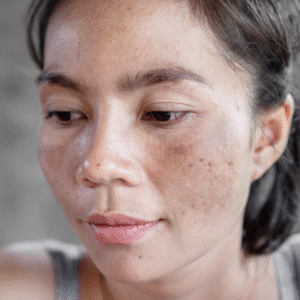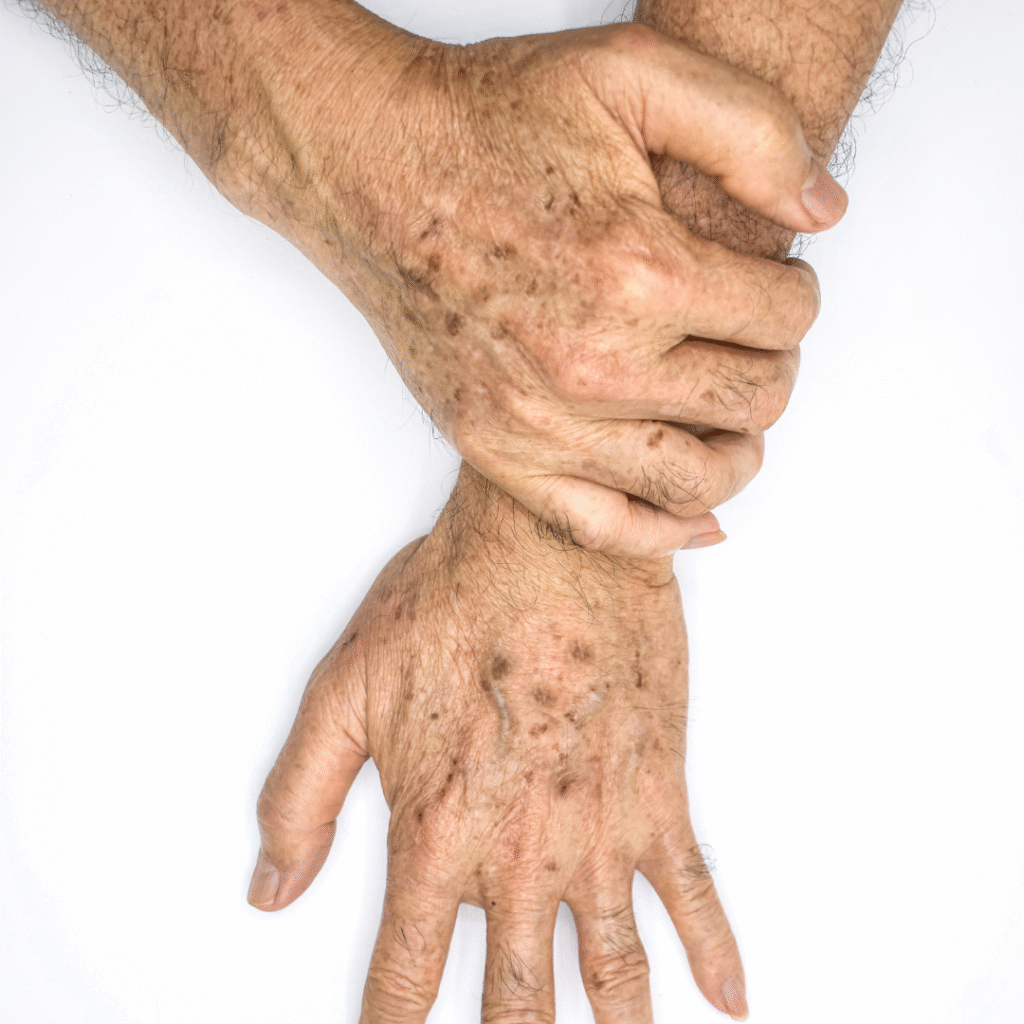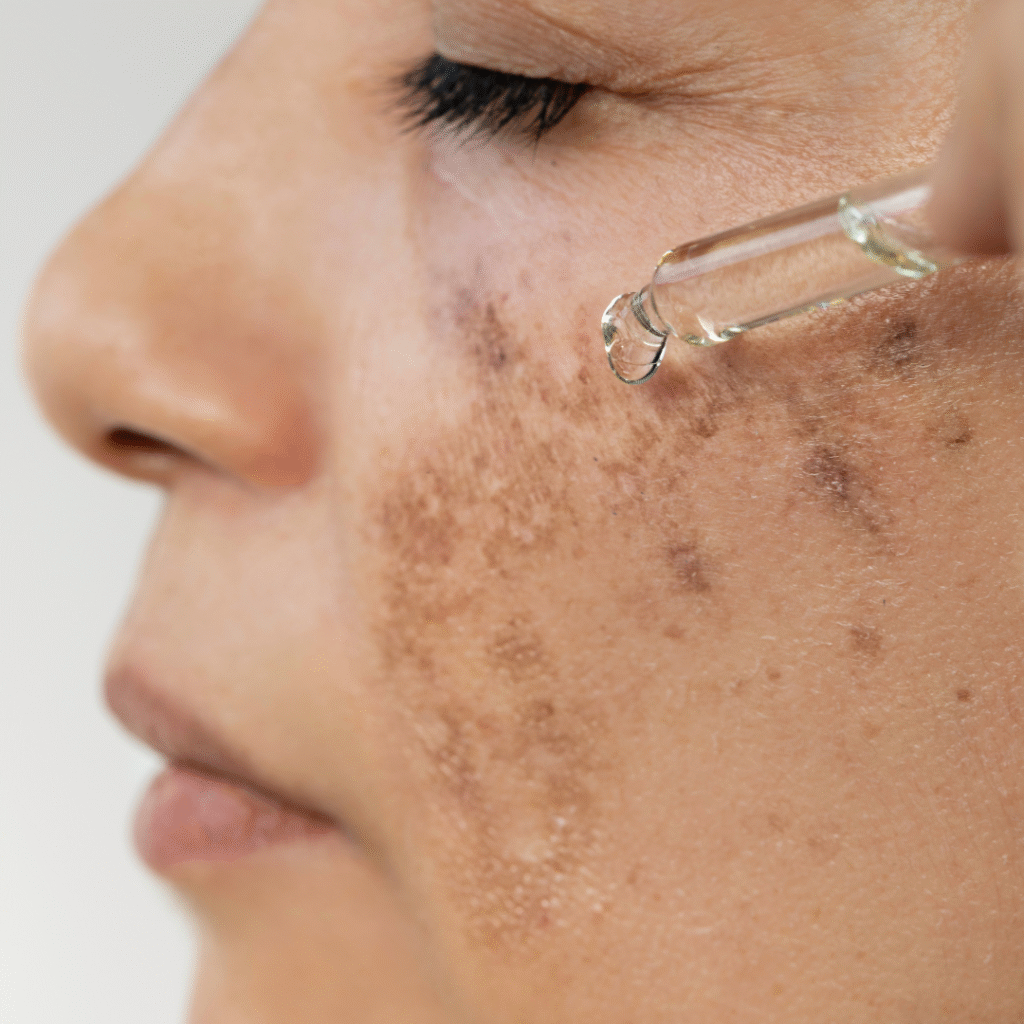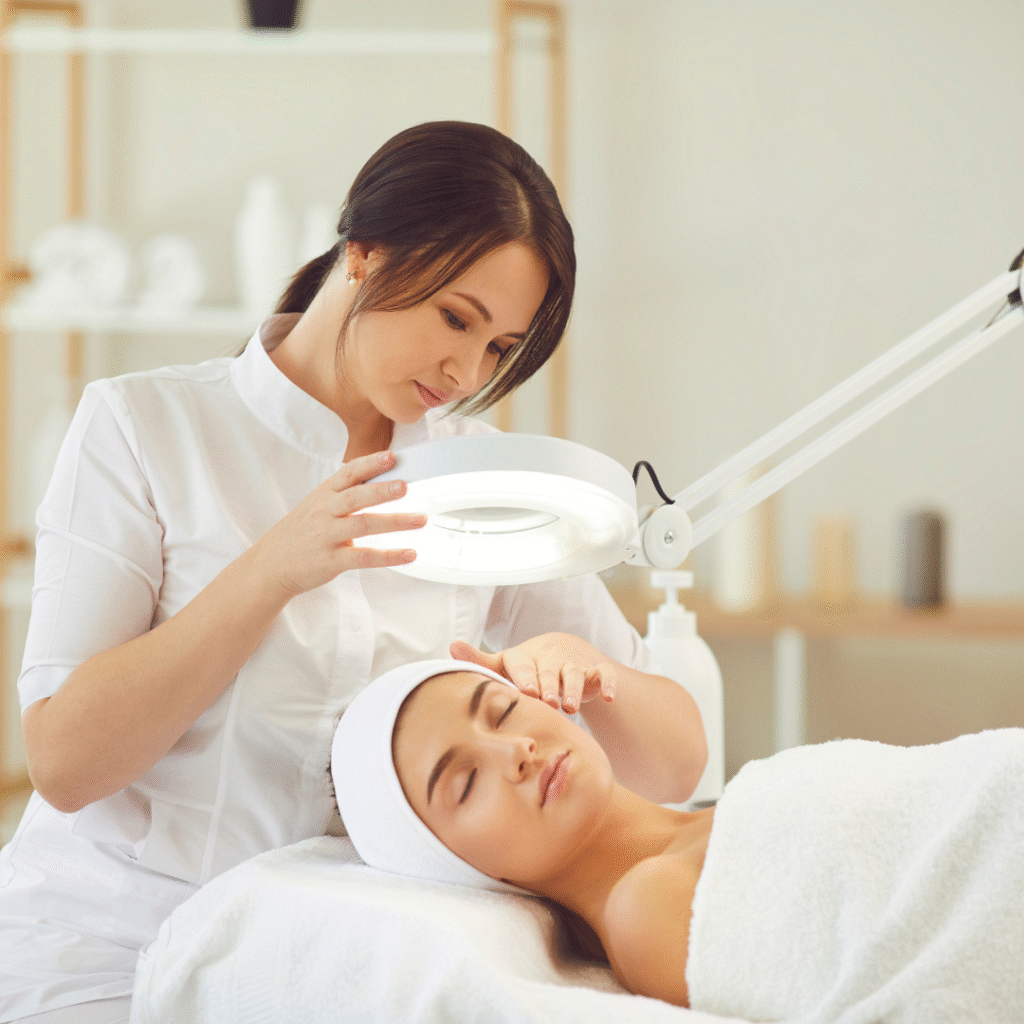Top 7 Home Remedies to Reduce Pigmentation Naturally
Pigmentation is a common skin concern that affects people of all ages and skin types. It refers to the discoloration or dark patches that appear on the skin due to excess melanin production. While pigmentation is usually harmless, it can impact one’s confidence and complexion. Fortunately, several natural remedies can help reduce pigmentation effectively at home, especially in its early stages.
In this blog, we’ll explore the causes and types of pigmentation, when to seek medical advice, and the top 7 home remedies to fade pigmentation naturally.
What is Pigmentation?
Pigmentation is a melanin (color pigment) disorder; it occurs when the skin produces too much melanin—the pigment that gives our skin, hair, and eyes their color. There are 2 types of melanin present in our skin (dark and light); dark melanin is responsible for any type of dark patches on our skin. This overproduction can lead to dark spots, uneven skin tone, and patches, especially on the face, neck, hands, and arms.
Common Causes of Pigmentation
Understanding the cause of your pigmentation is the first step toward choosing the right treatment. Some common causes include:
- Sun Exposure: UV rays stimulate melanin production, leading to sunspots and tanning.
- Hormonal Changes: Conditions like melasma often appear during pregnancy or due to birth control pills.
- Post-Inflammatory Hyperpigmentation (PIH): Occurs after acne, cuts, burns, or skin irritation.
- Certain Medications: Some antibiotics, chemotherapy drugs, and anti-seizure medicines can cause skin darkening.
- Skin Conditions or Diseases: Such as Addison’s disease or other underlying medical issues.
Types of Pigmentation
There are several types of pigmentation, each with different triggers and treatment approaches:

Melasma: Brown or gray-brown patches, commonly found on cheeks, forehead, and upper lip.

Freckles: Small brown spots, often genetic and triggered by sun exposure.

Lentigines (Age/Sun Spots): Flat brown spots caused by prolonged sun exposure.

Post-Inflammatory Hyperpigmentation: Dark spots after acne, injury, or inflammation.
Top 7 Home Remedies to Reduce Pigmentation Naturally
Below are science-backed home remedies using ingredients easily available in your kitchen or garden:
1. Aloe Vera Gel
Aloe vera contains aloin, a natural depigmenting agent that helps lighten dark spots and soothe irritated skin.
How to use:
- Extract fresh aloe vera gel from the leaf.
- Apply directly to the pigmented area before bedtime.
- Leave overnight and rinse in the morning.
- Repeat daily for best results.
2. Apple Cider Vinegar
The acetic acid in apple cider vinegar can help lighten pigmentation and improve skin clarity.
How to use:
- Mix equal parts apple cider vinegar and water.
- Apply using a cotton ball on the affected area.
- Leave for 2–3 minutes and rinse with lukewarm water.
- Use once daily. Avoid if skin feels irritated.
3. Turmeric
Curcumin in turmeric has anti-inflammatory and antioxidant properties that help reduce melanin production.
How to use:
- Mix 1 tsp turmeric with 2 tsp milk or yogurt to form a paste.
- Apply evenly to the face or dark spots.
- Leave for 15–20 minutes, then wash off with lukewarm water.
- Use 2–3 times a week.
4. Lemon Juice (with Caution)
Lemon juice is rich in Vitamin C and acts as a natural bleaching agent.
How to use:
- Mix lemon juice with honey to dilute its acidity.
- Apply for 10 minutes and rinse off.
- Avoid sun exposure right after application.
- Do a patch test first to avoid irritation.
5. Potato Slices
Potato contains an enzyme called catecholase that helps lighten pigmentation and dark circles.
How to use:
- Cut a raw potato into thin slices.
- Rub the slices on pigmented areas for 2–3 minutes.
- Leave the juice for 15 minutes before rinsing.
- Repeat daily.
6. Green Tea Extract
Green tea is loaded with antioxidants that help reduce pigmentation and prevent further damage from UV rays.
How to use:
- Steep a green tea bag in boiling water for 3–5 minutes.
- Let it cool and dab the bag on the dark spots.
- Repeat twice daily.
7. Sandalwood and Rose Water
Sandalwood has skin-lightening properties and rose water soothes the skin.
How to use:
- Mix 1 tbsp sandalwood powder with rose water to make a smooth paste.
- Apply to pigmented areas and let dry.
- Wash off with cold water.
- Use 3 times a week.

When to See a Dermatologist
While mild pigmentation can be treated at home, consult a skin specialist if:
- The pigmentation is spreading rapidly.
- The dark spots are irregular in shape or color.
- Over-the-counter or home remedies show no improvement after 2–3 months.
- The pigmentation is causing emotional distress or loss of confidence.
A dermatologist can suggest clinical treatments such as laser therapy, chemical peels, or prescription creams based on your skin type and condition.
Tips for Preventing Pigmentation
Even though pigmentation is a persistent skin issue, using natural therapies consistently is essential. Although they may require some time, these natural remedies are safe and mild for the majority of skin types. However, don’t be afraid to seek expert assistance for more advanced treatment options if your pigmentation increases or doesn’t improve after a few months.
Always wear sunscreen with at least SPF 30, even indoors.
Avoid picking or scratching pimples or rashes.
Keep your skin moisturized to prevent dryness and irritation.
Follow a consistent skincare routine and avoid harsh chemicals.

